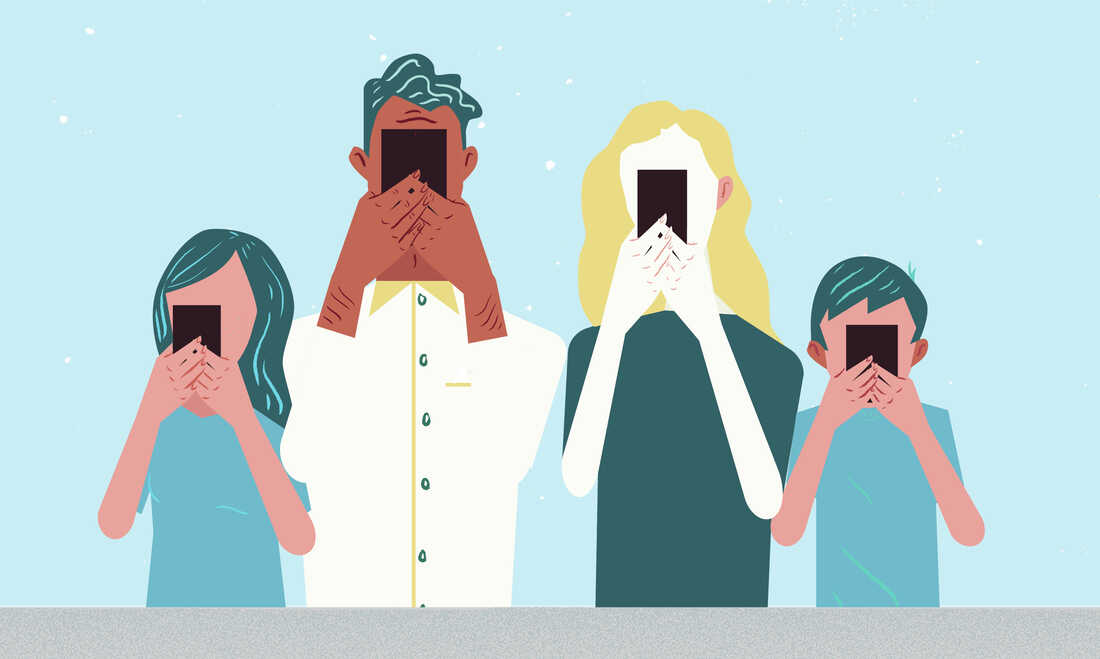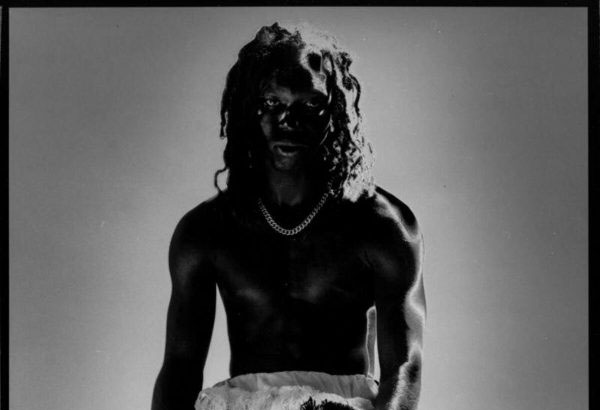From TikTok jokes to viral news articles, the idea of Gen Z “aging like milk” has become a big topic of discussion over the past couple of months. Is there any truth to it, or is it just another internet exaggeration? While there is no scientific evidence to prove increased physical aging, this worry may go beyond humor. So why does the internet believe that Gen Z is aging so quickly?
Entering adulthood in a time where economic anxieties, climate change worries, and political distress, are higher than they have been in a while, Gen Z is carrying a burden of global issues. These worries could be increasing stress levels which impact their perceived age, making them feel like they are aging faster than they are.
With the constant bombarding of information and unrealistic beauty standards on social media, Gen Z developed a hyper-awareness of physical flaws and expectations from society. This has led to body image concerns and a hyper-fixation with aging which has caused teenage girls to invest in anti-aging products, fillers, Botox, etc. These products and tools to prevent aging are speculated to be ironically making Gen Z look older rather than younger.
However, increased aging is not only a delusion. Some of Gen Z are aging faster due to their lifestyles. Vaping, smoking, and sedentary lifestyles are more than likely affecting the aging process negatively. Depression, anxiety, and the loneliness epidemic are factors that contribute to aging as well.
Jokes about “aging rapidly” can be a way to cope with anxieties and navigate uncertainties about the future. These jokes might not always reflect reality but rather serve as a shared social commentary on their unique experiences and a way to feel less alone.
Social media has affected the way we perceive ourselves in so many ways and if we address anxieties, we can promote healthy coping mechanisms, Gen Z can redefine what it means to grow older and change the way they view life. For some, changing lifestyles may be the answer.








